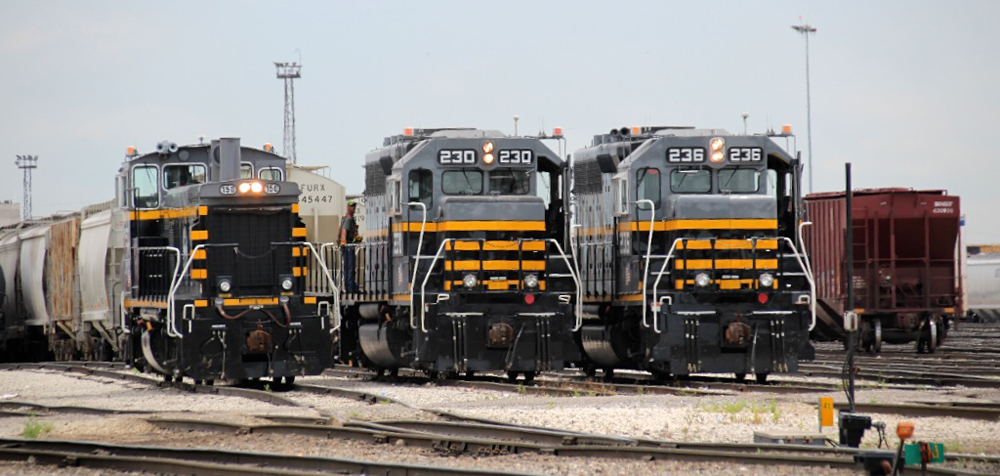
WASHINGTON — The Chicago interchange dispute between Canadian National and Canadian Pacific should not upend long-standing practices that determine where railroads exchange traffic, three railroads have told federal regulators.
The Surface Transportation Board in October said the CN-CP case raises broad issues regarding interchange practices, particularly after a federal appeals court set aside a board decision. So regulators sought input from railroads and other interested parties regarding a laundry list of interchange matters.
BNSF Railway, CP, and Norfolk Southern told the board this week that interchange should be negotiated between railroads, as it always has been.
“BNSF believes that the Board should not disturb this state of affairs by using a private dispute between two railroads in very specific and unique factual circumstances to make broad public policy through the announcement of new legal standards or processes,” the railroad said in a regulatory filing.
The CN-CP dispute dates to 2019, when CN unilaterally sought to shift its Chicago-area CP interchange from Spaulding, Ill., near CP’s Bensenville Yard, to CN’s Kirk Yard in Gary, Ind.
CP objected and asked the STB to intervene. CN and CP ultimately reached an interim agreement to move Spaulding interchange to the Belt Railway of Chicago’s Clearing Yard. CN later asked the STB to declare that CN could designate Clearing as the point to receive interchange traffic from CP and that each railroad must bear the costs related to the interchange, including the BRC’s switching fees.
The STB in October 2020 decided that CN could not unilaterally designate Clearing as the interchange point because BRC was a third party, and therefore it wasn’t necessary for the board to sort out whether CN and CP should bear their own interchange costs.
But a federal appeals court tossed out the STB’s decision and sent the matter back to the board. In a February 2022 brief, CN argued that the sole remaining issue in the case was whether CP should pick up the tab for BRC’s switching fees for interchange traffic delivered to Clearing Yard.
NS said the court’s decision — which said the board wrongly concluded that interchange can happen only where both railroads have connecting tracks — was narrowly tailored and should not be interpreted as a reason to remove the STB’s authority to determine whether an interchange is “reasonable, proper, and equal.”
NS said that interpreting the court’s decision too broadly would wreak havoc, particularly in Chicago, where railroads would have an incentive to shift interchange traffic to the Belt Railway of Chicago and the Indiana Harbor Belt as a way to push costs to the delivering carrier. If that happened, NS argues, the BRC and IHB would quickly become overwhelmed.
BNSF agreed.
“BNSF believes that as a general matter it would not be reasonable for a receiving carrier to unilaterally designate an interchange location that would require the delivering carrier to incur costs associated with using or accessing any third-party facilities absent agreement from the receiving carrier to reimburse the delivering carrier for such costs,” the railroad told the board.
BNSF and NS told the board that it should continue to review interchange disputes on a case-by-case basis.
CP agreed, saying the court decision should not upend long-standing STB practices. Interchanges are required to be “reasonable, proper, and equal,” CP said, and it’s up to the STB to determine what’s reasonable.
CN urged the board to not delay a decision in the CN-CP Chicago case decision while sorting out broader interchange issues. The case, CN notes, has been before the STB for 2½ years.
The only remaining question in the case, CN says, is whether CP has to pay the BRC’s fees for the CN-bound traffic it delivers to Clearing Yard.






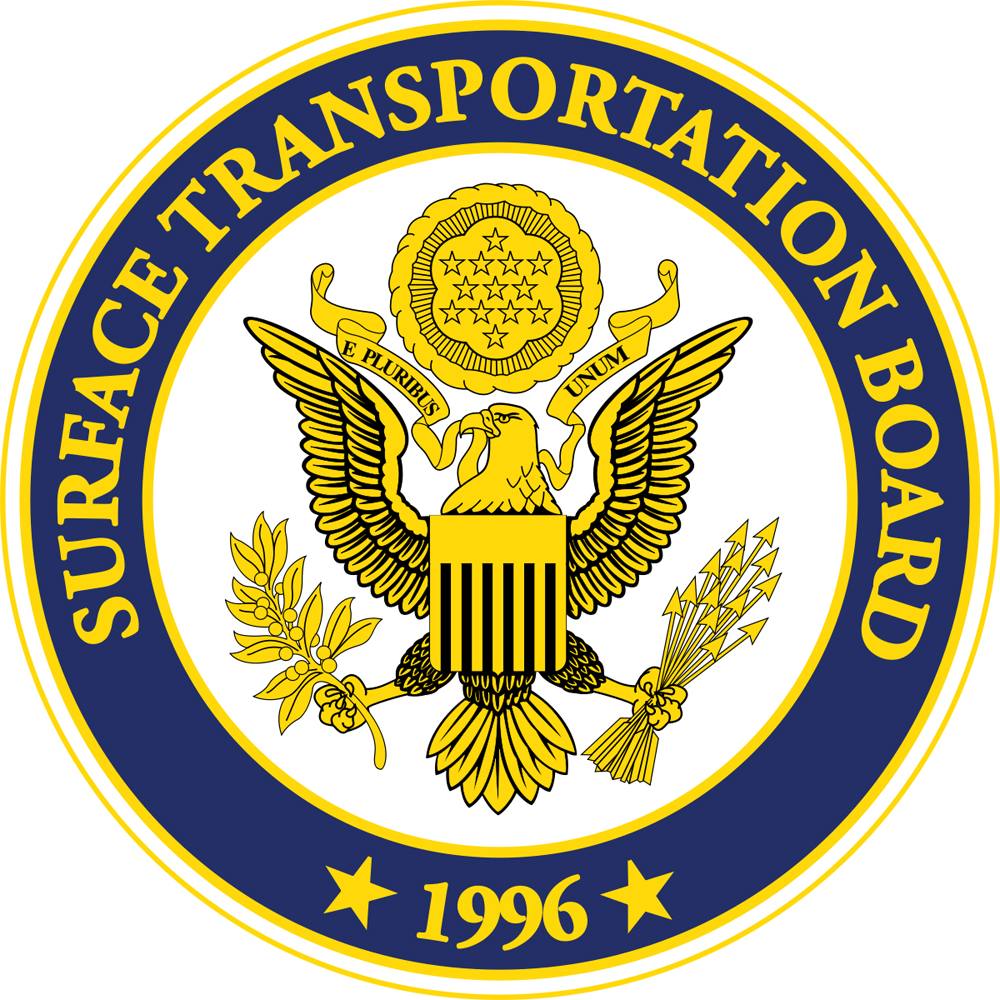
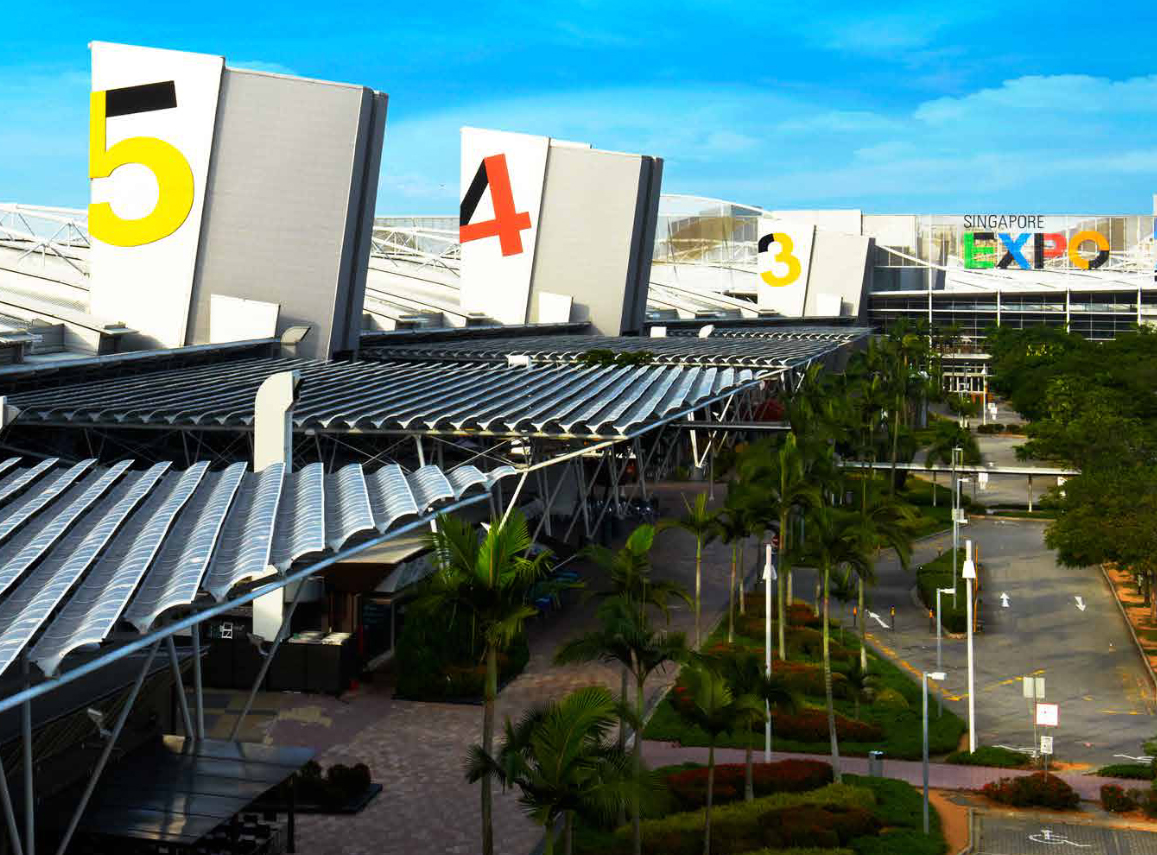
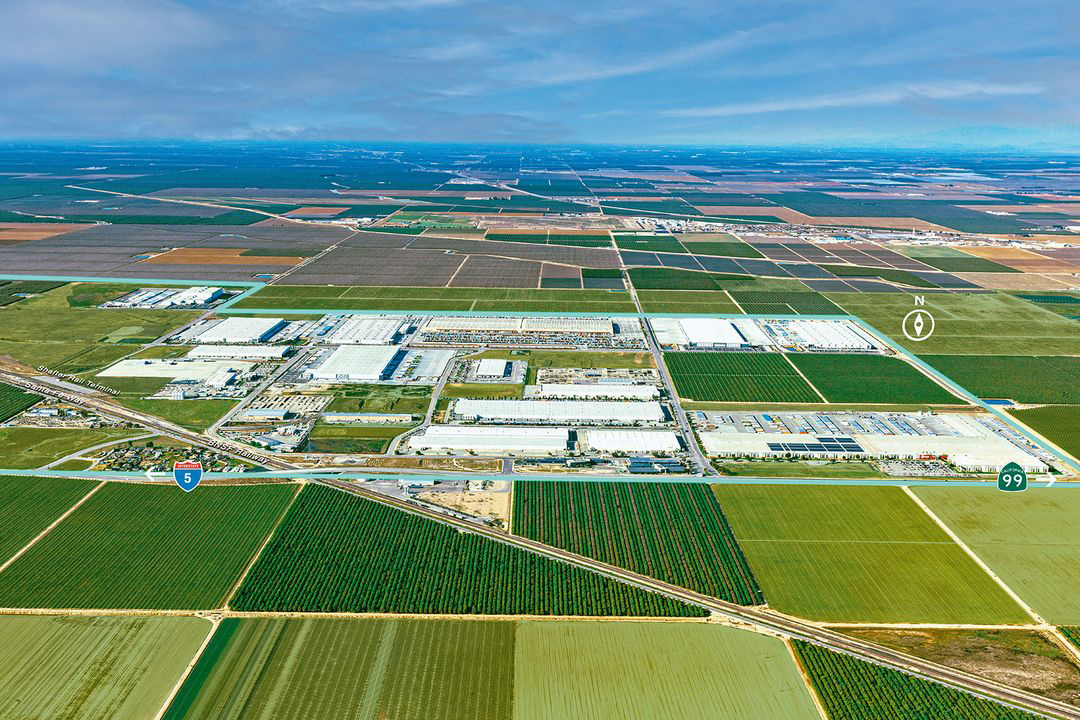
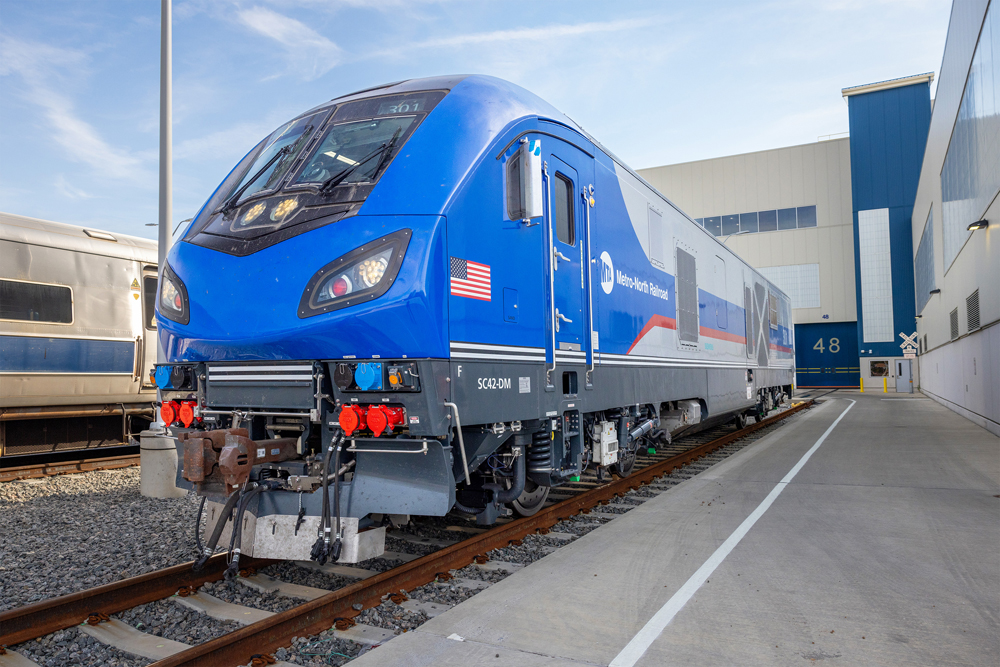




Both roads connect directly at Spaulding where interchange can occur without third party costs. If CN wants to designate somewhere else, any additional third party costs resulting should be born by CN.
If CN wants to use Clearing Yard on the BRC for interchange with CP, then the costs should be split 50/50…end of story!